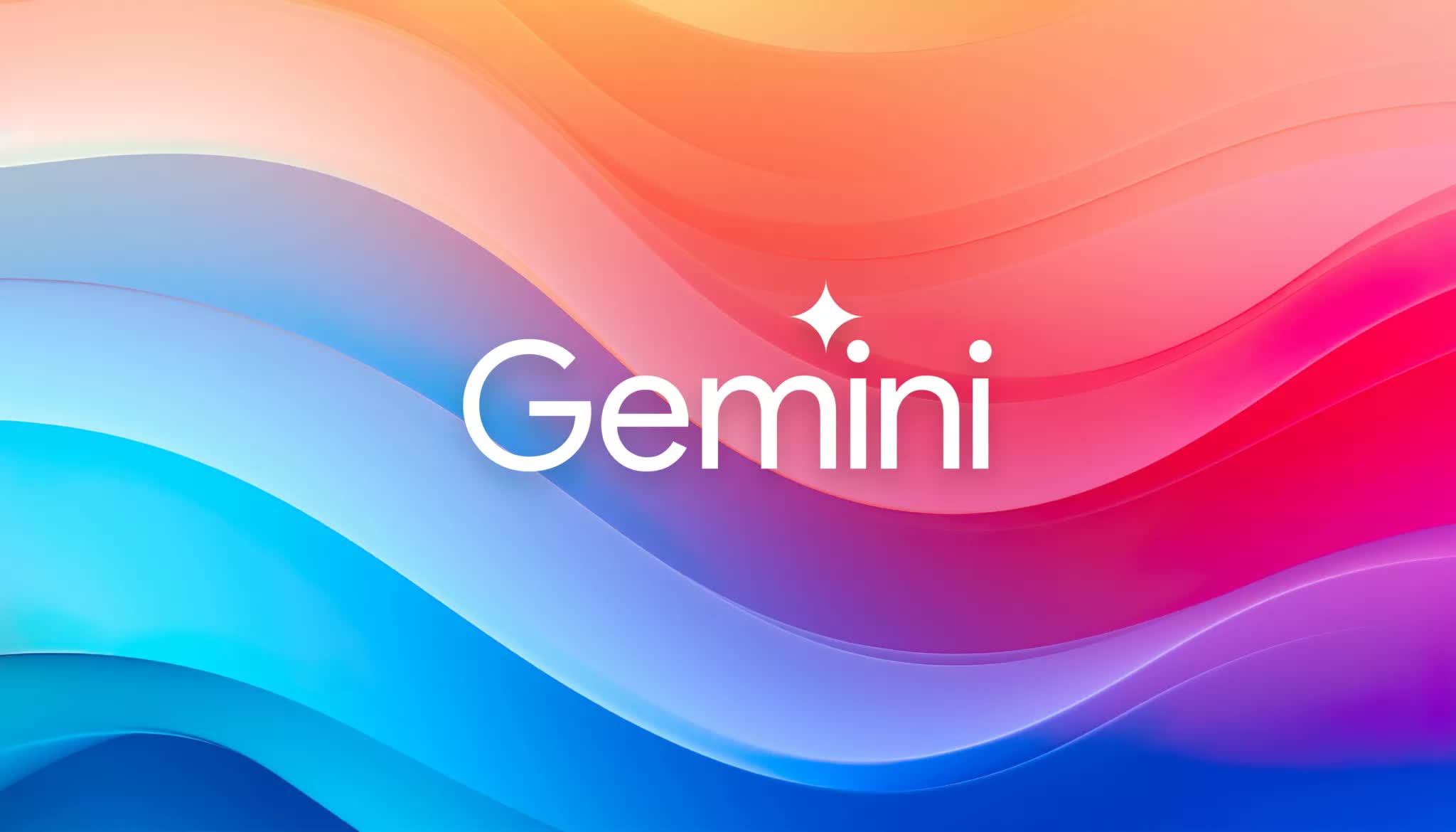Android users are being urged to review their privacy settings following a recent update that allows Google’s AI assistant, Gemini, to access WhatsApp messages, calls, texts, and other utilities. This change, effective from June 7, has sparked a wave of concern among users who value their privacy and prefer to keep their communications secure.
The update, which affects users who have already installed Gemini on their Android devices, overrides previous user preferences, granting the assistant broader access to personal data. However, for those who have not downloaded the app, Gemini is not automatically installed.
Understanding the Changes
Google has begun notifying Android users through emails, albeit vaguely worded, about the expanded functionality of Gemini. According to the email, Gemini will integrate with various apps, including Phone, Messages, WhatsApp, and Utilities, even if the Gemini Apps Activity setting is not enabled. Users can prevent this integration by manually adjusting their settings or uninstalling the app altogether.
The email reassures users that the new functionality will not activate if it is already turned off. However, it does not provide clear instructions on how to disable the cross-app integration, leading to frustration and criticism from privacy advocates who describe the move as “invasive.”
Privacy Concerns and User Reactions
Privacy-focused services like Tuta have highlighted that disabling the Gemini Apps Activity setting only stops the assistant from sending data to Google, but it does not prevent Gemini from accessing other apps. The assistant retains usage data for up to 72 hours, raising further concerns about data privacy.
To fully stop Gemini from accessing apps, users must navigate to the Apps section within the profile menu of the Gemini app and uncheck each app individually. Alternatively, users can disable Gemini entirely through their device’s general settings under Apps.
“Turning off the Gemini Apps Activity setting only prevents data from being sent to Google, but access to other apps remains,” reports Tuta.
Technical Challenges and Alternatives
For users who have not installed Gemini, no action is required. However, those wishing to remove the app entirely face technical challenges, as it requires using a debugger to access Android’s command line interface. This procedure is recommended only for experienced users.
For individuals seeking alternatives to Google’s data collection tools, privacy-focused operating systems like LineageOS, GrapheneOS, or E/OS/ offer viable options. These systems provide a more secure environment by minimizing data sharing with big tech companies.
The Broader Context of AI Integration
The integration of AI assistants into daily workflows is not unique to Google. Other tech giants, including Microsoft, Apple, and OpenAI, are also embedding AI into their ecosystems. Gemini currently interacts with Google Docs, Gmail, and Google Drive, offering functionalities such as file retrieval, information summarization, and question answering. It also integrates with Chrome to access browser history and protect against online scams.
Despite these advancements, concerns about user privacy, AI hallucinations, and energy consumption persist. As AI technology becomes more mainstream, the balance between innovation and privacy remains a critical issue.
As users navigate these changes, the conversation around digital privacy and AI integration is likely to intensify. The coming months will reveal how companies like Google address these concerns while continuing to innovate their AI offerings.





































































